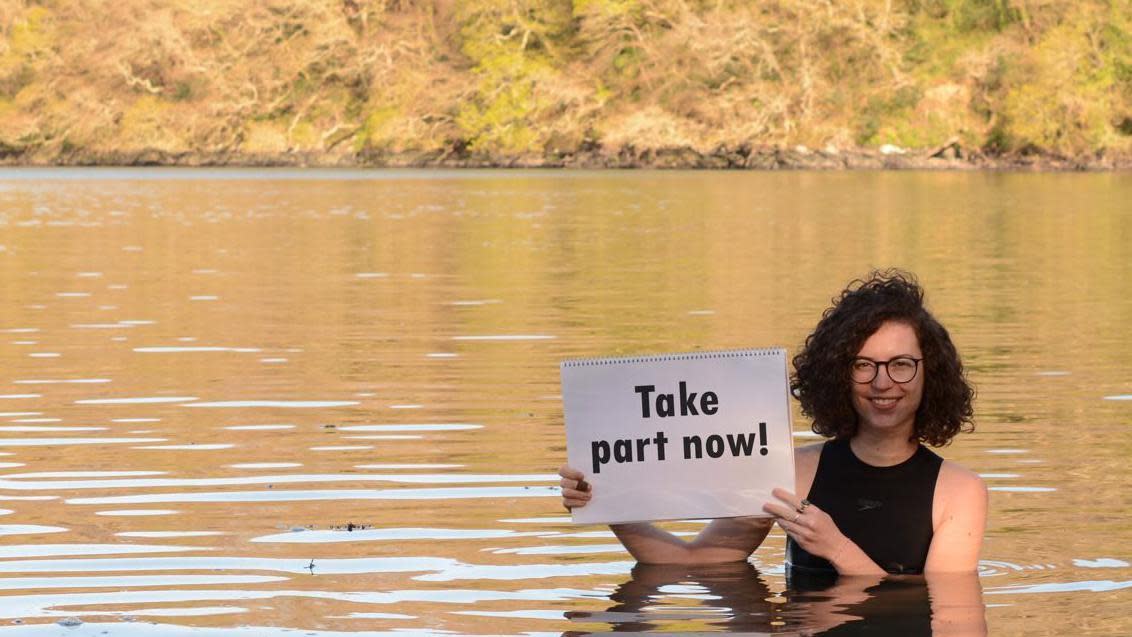Swimmers and surfers asked to help pollution study

Inland and coastal water-users are being asked to join two university studies to help protect people from the health risks related to pollution.
The University of Exeter's Poo-Sticks project is looking for information from wild swimmers in rivers and lakes, while its BlueAdapt survey was focusing on people who went in the sea, researchers at the institution's Penryn campus said.
Poo-sticks participants would be asked to provide a faecal sample using a pre-paid postal kit, and share information about recent freshwater swimming activities, dietary habits, and overall lifestyle and health, organisers said.
In BlueAdapt, a survey asked anyone who had been to the beach and used coastal waters to take part in an online poll.
Bacteria exposure
The university said both coastal and fresh waters were at risk from sewage and run-off pollution from the likes of farms, and that the risk was "only exacerbated by climate change".
It said contact with contaminated natural waters could cause issues including ear infections, rashes, respiratory illness, diarrhoea and stomach cramps, as well as exposing people to bacteria increasingly resistant to antibiotics, so-called superbugs.
Project leader PhD student Elitsa Penkova said: “A lot of people carry antibiotic-resistant bacteria in their guts, yet they’re completely unaware of it.
"This is a major issue, and we hope our findings will help inform strategies for reducing the spread of antimicrobial resistant bacteria.”
'Inform change'
The survey BlueAdapt, a European research project, is running until 31 October.
It was aiming to find out whether real-time information on water quality could have an impact on how swimmers behaved and reduce preventable illnesses, researchers said.
It asked users of the Surfers Against Sewage free smartphone app, Safer Seas and Rivers Service to share their experiences.
Professor Will Gaze, from the university’s European Centre for Environment and Human Health, said: “Our aim is to provide evidence that can inform decision making to reduce risk to water users and inform change to safeguard our natural environment."
Follow BBC Devon on X (formerly Twitter), Facebook and Instagram. Send your story ideas to spotlight@bbc.co.uk.


